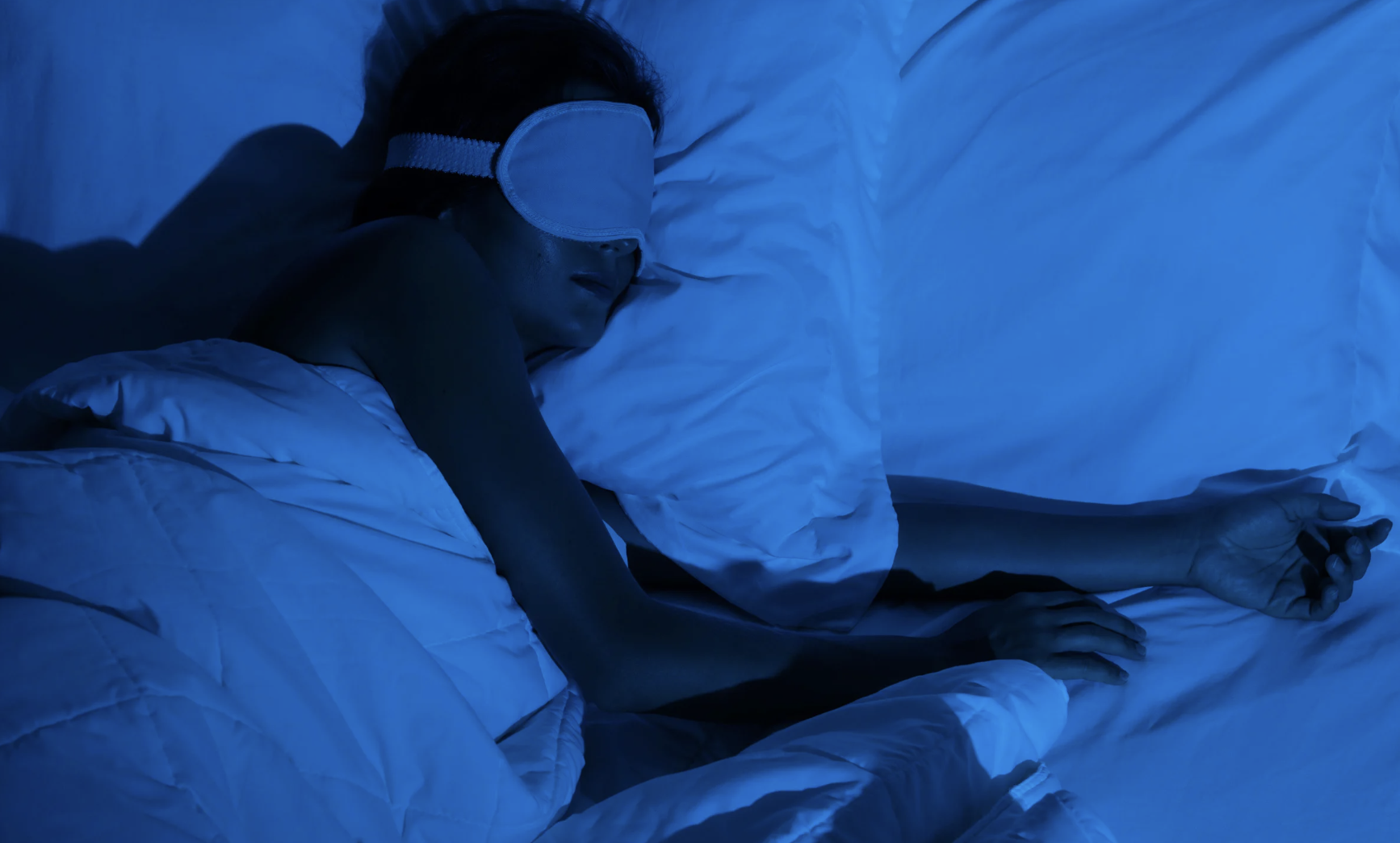Kirsten Fisch, MSN, RNC-MNN, IBCLC, LCCE Kirsten is a women's health nurse who specializes in high-risk pregnancy and postpartum care. She is certified in Maternal Newborn Nursing, a board-certified lactation consultant (IBCLC), and a Lamaze-certified childbirth Educator. She works with women from conception through postpartum. Passionate about empowering women during their reproductive journeys, Kirsten combines evidence-based care with compassionate support to promote health and well-being for mothers and babies.
The postpartum period is a time of immense joy, adjustment, and, for many new parents, profound sleep deprivation. As the body heals and adapts to life with a newborn, sleepless nights can take a toll on physical and mental well-being. Some parents may consider sleep aids for much-needed rest, but is this the right choice? Here’s what you need to know about sleep aids during the postpartum period.
The Challenges of Postpartum Sleep
Newborns have erratic sleep patterns, waking frequently for feedings, diaper changes, and comfort. While some parents adapt to this schedule, others struggle with exhaustion, anxiety, or even postpartum depression, which can further disrupt sleep. The need for rest is undeniable, but finding safe and effective ways to improve sleep is essential.

Types of Sleep Aids
There are several sleep aid options available, but not all are suitable for postpartum individuals, especially those who are breastfeeding or caring for an infant alone at night.
- Over-the-Counter (OTC) Sleep Aids
- These include antihistamines like diphenhydramine (Benadryl) and doxylamine (Unisom). While they can induce drowsiness, they may also cause grogginess the next day and could pass into breast milk in small amounts.
- Prescription Sleep Medications
- Drugs such as zolpidem (Ambien) or benzodiazepines may be prescribed for short-term insomnia, but they carry risks of dependency, sedation, and potential effects on the infant if breastfeeding.
- Natural and Herbal Remedies
- Melatonin, valerian root, and chamomile tea are often considered natural alternatives. While melatonin is generally safe, there is limited research on its effects during breastfeeding.
- Behavioral and Lifestyle Adjustments
- Practicing good sleep hygiene, napping when possible, and creating a soothing bedtime routine can help improve sleep quality without medication.
Safety Considerations for Postpartum Parents
- Breastfeeding Considerations: Many substances, including medications, pass into breast milk. It is crucial to consult a healthcare provider before using any sleep aid.
- Infant Care Responsibilities: If using a sedative, ensure another caregiver is available to attend to the baby’s needs.
- Underlying Conditions: If postpartum depression or anxiety is contributing to sleep difficulties, addressing the root cause with therapy or medical treatment may be more beneficial than using sleep aids.
Alternative Strategies for Better Sleep
Before turning to sleep aids, consider these alternatives:
- Enlist Support: Partner, family, or friends can help with nighttime feedings so you can get uninterrupted rest.
- Practice Safe Co-Sleeping or Room Sharing: This can make night feedings more manageable while keeping your baby close.
- Set Realistic Sleep Goals: Aim for cumulative daily rest rather than stressing about long, uninterrupted sleep.
- Seek Professional Guidance: A lactation consultant, postpartum doula, or therapist can provide tailored strategies for managing sleep challenges.
While sleep aids can be a tempting solution for exhausted postpartum parents, they are not a one-size-fits-all remedy. Prioritizing safety, consulting with a healthcare provider, and exploring non-medicated sleep strategies can help new parents navigate this challenging phase while ensuring their well-being and their baby’s health.
If you’re struggling with sleep in the postpartum period, know you’re not alone, and help is available. Prioritize rest, seek support, and be gentle with yourself as you adjust to this new chapter of life.

Kirsten Fisch, MSN, RNC-MNN, IBCLC, LCCE Kirsten is a women's health nurse who specializes in high-risk pregnancy and postpartum care. She is certified in Maternal Newborn Nursing, a board-certified lactation consultant (IBCLC), and a Lamaze-certified childbirth Educator. She works with women from conception through postpartum. Passionate about empowering women during their reproductive journeys, Kirsten combines evidence-based care with compassionate support to promote health and well-being for mothers and babies.




